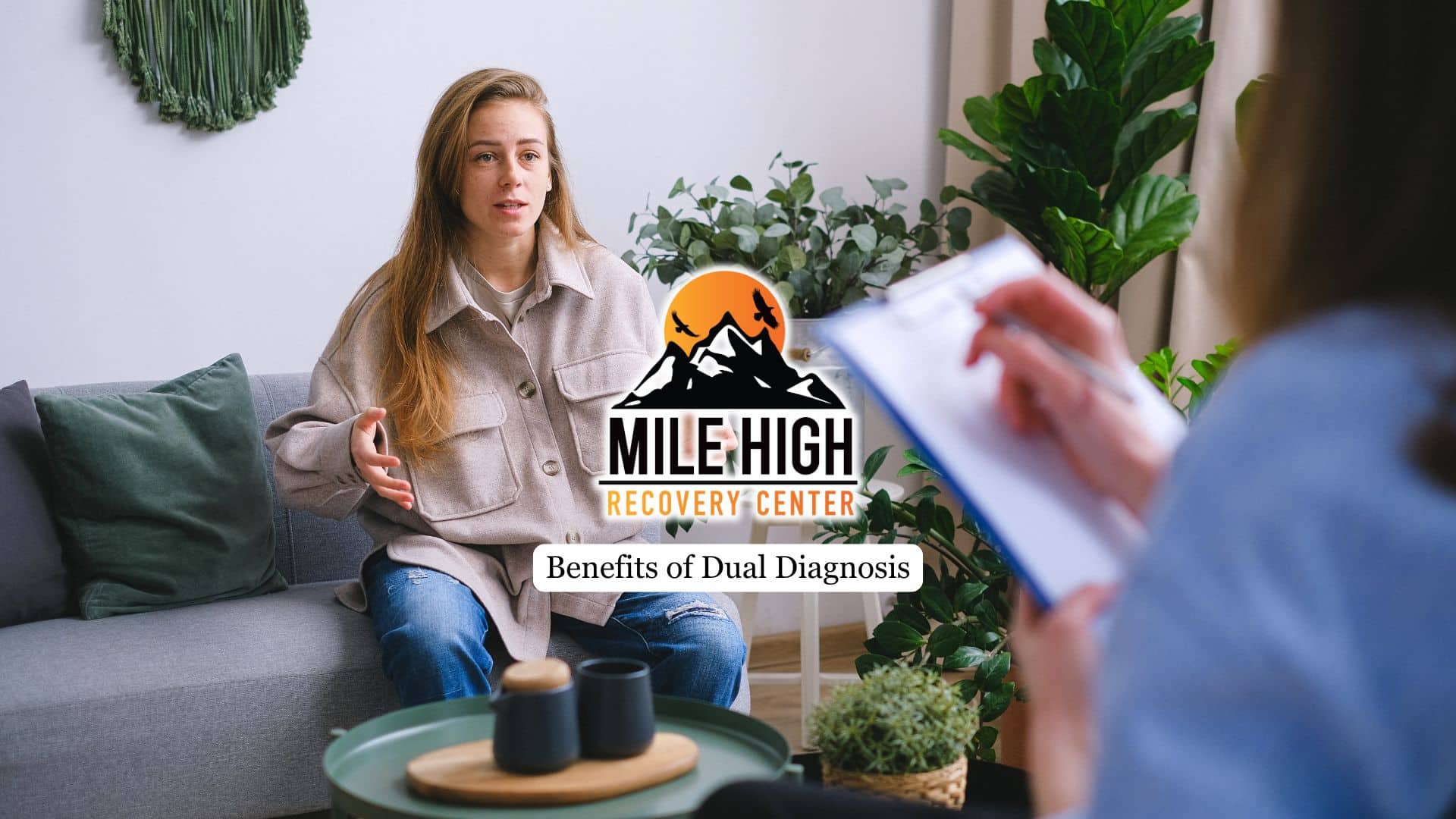Living with both a mental health disorder and a substance use disorder—known as dual diagnosis or co-occurring disorders—is much more common than most people realize. This complex overlap creates unique challenges because each condition can worsen the other, making recovery more difficult and increasing the risk of relapse when only one issue is treated. Fortunately, the development of integrated dual diagnosis treatment has revolutionized the way we approach care.
This article will showcase the main benefits of dual diagnosis and explain how integrated care improves recovery outcomes by addressing both addiction and mental health issues simultaneously.

What is Dual Diagnosis?
Dual diagnosis is defined as the occurrence of both a mental health disorder and a substance use disorder in an individual. This combination can significantly complicate the recovery process, as mental health issues frequently contribute to or coexist with substance abuse.
By recognizing the relationship between mental health issues and addiction, customized health and substance abuse treatment strategies can be developed. The dual diagnosis treatment approach aims to improve treatment outcomes by addressing the complex interplay between the two conditions, promoting a more meaningful recovery, and supporting the transition to a healthier lifestyle.
Integrated, Holistic Care
Dual diagnosis treatment provides simultaneous care for both mental health conditions and substance use issues, recognizing how closely these conditions are intertwined. This whole-person approach addresses not only the medical symptoms but also the psychological and social factors influencing recovery.
By coordinating care among medical professionals, therapists, and social support services, integrated treatment in a rehab center ensures that all aspects of an individual’s well-being are considered, leading to more comprehensive and effective healing.
Improved Diagnosis and Personalized Treatment
A thorough assessment is fundamental in dual diagnosis treatment, helping to identify all underlying mental health and substance use disorders. This comprehensive evaluation allows clinicians to develop an appropriate treatment plan tailored to the unique needs of each individual.
Utilizing evidence-based therapies such as cognitive-behavioral therapy (CBT), dialectical behavior therapy (DBT), and medication management, this treatment approach focuses on addressing the root causes and symptoms of dual diagnosis, enhancing the likelihood of successful recovery.
Better Treatment Outcomes
Research shows that integrated dual diagnosis treatment leads to higher rates of sustained recovery and significantly reduces relapse compared to treating disorders separately. By managing symptoms of both mental health and substance abuse disorders concurrently, patients experience improved emotional stability and mental well-being, better coping skills, and enhanced daily functioning.
This holistic success translates into a better quality of life, with individuals more able to rebuild relationships, maintain employment, and engage in meaningful activities.
Access to a Multidisciplinary Team
Dual diagnosis programs typically involve a collaborative team of specialists, including psychiatrists, addiction counselors, therapists, and medical staff. This multidisciplinary approach ensures that patients receive comprehensive treatment tailored to their complex needs.
In inpatient settings, 24/7 support and monitoring provide added safety for those with severe symptoms, while ongoing adjustments to treatment plans help maintain progress and address emerging challenges throughout recovery.
Peer Support and Community
Family therapy, individual or group therapy, and peer support play a vital role in mental health and addiction treatment methods by offering shared experiences and mutual encouragement. These settings reduce feelings of isolation and foster motivation through connection with others facing similar struggles.
Involving family members in the recovery plan strengthens the support network, improving communication and understanding, which are critical for long-term success.

Reduced Stigma and Increased Understanding
Dual diagnosis programs for treating co-occurring disorders emphasize education for both patients and their families about the nature of either condition. This knowledge helps destigmatize dual diagnosis patients from mental conditions and substance use disorders, encouraging individuals to seek help without shame or fear.
By fostering a compassionate and informed environment, these programs empower patients to embrace recovery and build resilience against relapse, ultimately promoting greater acceptance and support within their communities.
Why Dual Diagnosis is Important
Effective addiction treatment requires addressing both mental health and substance use disorders together, as they often worsen each other. Dual diagnosis programs provide personalized, comprehensive care through in-depth assessments and multidisciplinary teams, resulting in improved treatment outcomes.
Without integrated care in a dual diagnosis treatment center, individuals risk worsening mental health and ongoing addiction cycles. This holistic approach enhances quality of life and supports sustained recovery by helping individuals manage both conditions more effectively over time.
When to Consider Dual Diagnosis
To find out if dual diagnosis treatment is the correct treatment for you, it’s important to recognize the signs of co-occurring disorders combined with substance abuse. Common indicators include mood swings, social withdrawal, and low motivation.
Recognizing the need for specialized addiction and mental health care is an important step toward achieving a healthier, more balanced life.
Final Thoughts from Mile High Recovery
Adopting a dual diagnosis approach is beneficial for individuals facing both mental health and addiction. Dual diagnosis enables the simultaneous treatment of both issues, leading to more personalized care strategies that enhance overall effectiveness. It is important to recognize that seeking assistance for these co-occurring disorders reflects a proactive step towards recovery.
At Mile High Recovery, our dual diagnosis treatment program in Denver, CO is designed to address both conditions simultaneously, offering you the greatest opportunity for lasting recovery. Our dedicated team provides personalized, evidence-based care that supports healing of both the body and mind, tailored to your unique path to wellness.







